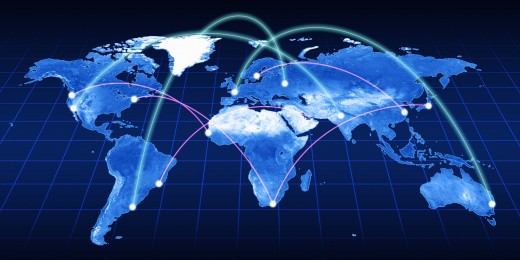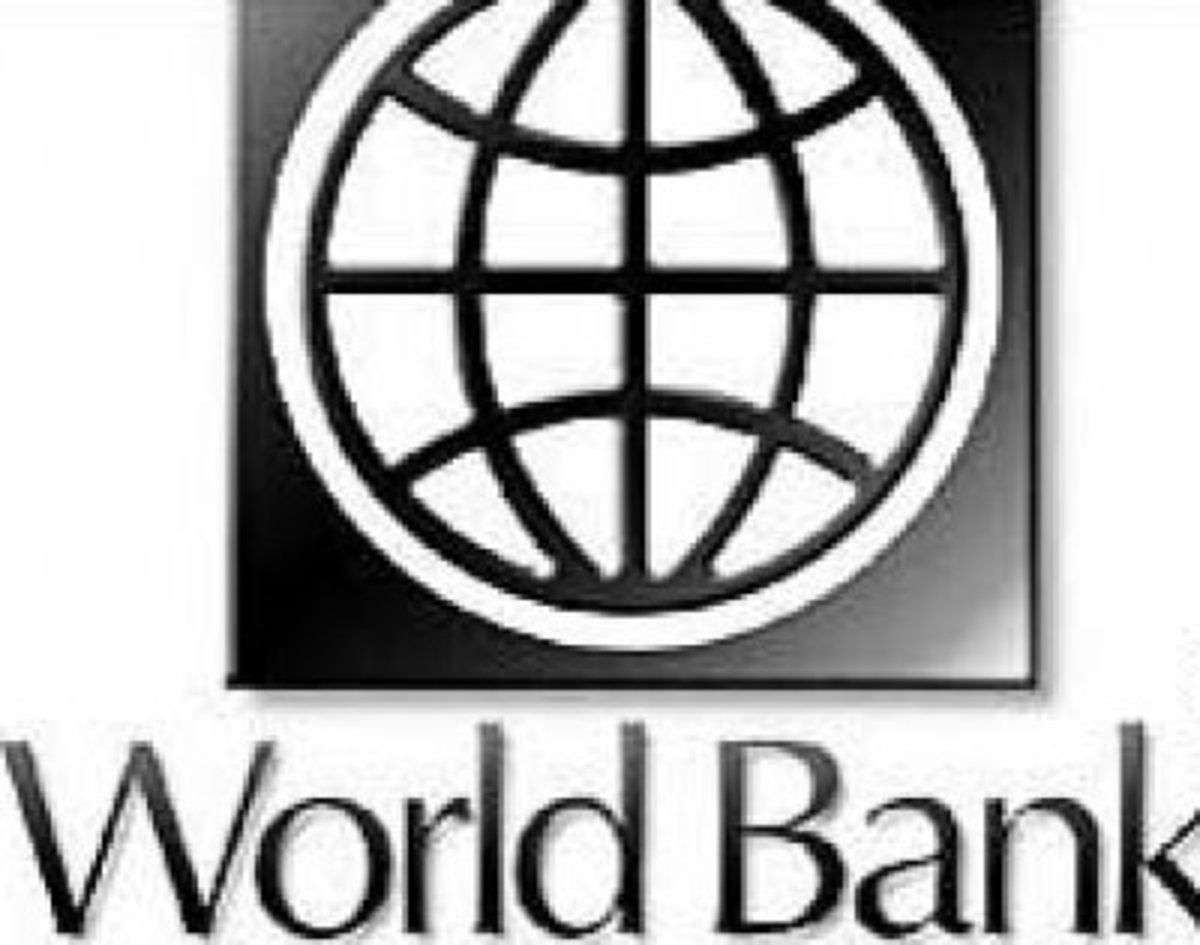The Impact of Globalization on Taxation



Globalization is a process of interaction and integration between the people, companies, and governments of different nations, a process driven by international trade and investment and aided by information technology. This process has effects on the environment, on culture, on political systems, on economic development and prosperity, and on human physical well being in societies around the world. That is globalization by definition.
Globalization is often accused and blamed to be a tax burden. The influence of globalization is measured by the extent of capital controls, openness to trade, or the amount of foreign direct investment. With companies moving all around to different countries and jurisdictions with lower taxation on corporate activity, they are essentially beating the system by slipping through its cracks. Companies with offshore financial centers that make it difficult to monitor corporate activity and profits. Take a look at Apple this past year. The European Union made the biggest tax ruling regarding a single company by ordering Apple to pay up $14.6 billion in unpaid taxes. Apple paid tax at 1%, or less on profits attributed to its subsidiaries in Ireland. That’s well below the 35% top rate of corporate tax in the United States and Ireland’s 12.5% rate. Apple isn’t the only American company that found itself in trouble with European tax affairs. The European commission ordered Starbucks and Fiat Chrysler to pay back up to $30 million euros each; Starbucks having a business deal with the Netherlands and Fiat having a business with Luxembourg. That’s just a preview of what impact globalization has done to impact taxes. Unions are starting to crack down on companies that are trying to avoid the big tax rates by going global.
Taxation in an increasingly globalized world economy has attracted economists’ over last couple decades. Globalization has marked its impact in taxation by dramatically reducing the ability of a government to collect taxes and to set any of its policies independently of market forces and policies in other jurisdictions. When you have countries trying to protect the domestic market by increasing tariffs and taxes, you also have other trying to take advantage of global growth by lowering tax rates and negotiating favorable trade arrangements. That sparks a conflict, as globalization makes it easy for these companies to simply just move and do business elsewhere where they don’t have to face those high tariff and taxes. It’s a smart move by those companies to use and outwork the system because essentially in the long run you are saving your company thousands, millions by putting them at a lower tax rate.
Over the years many have perform studies and tests on the effect of globalization to national tax systems. Most of the early studies analyzed the impact of taxations on competiveness of the economy, mainly the impact of corporate income taxes on foreign direct investment and increased investment. When studies about globalization impact of national fiscal components such as structure of tax revenues; the results came back as globalization being a heavily influence in the creating of structure of tax revenues. More studies such as for effective average tax rate and statutory tax rate, when tested the results came back as a negative effect. For implicit tax rates when tested the results came back inconclusive as researchers went back and forth with results of positive and negative effects. It was also proven that there is no significant effect of globalization on the implicit tax rates on capital income. Globalization does exert pressure to increase taxes on labor income in the conservative and liberal regimes. Also taxes on consumption decrease in response to globalization in the conservative and social-democratic regimes.
Many people wonder if there’s a way to stop this issue. The answer is no, you can’t stop or slow down globalization. Goods, services, companies’ will never stop moving because that’s the way it is. That’s the only way it works. People can offer their suggestion and say to make tax rates at similar and close in different countries, but that will never work because they’re all types of different economies dealing with all kinds of situations. Also its been known that globalization does not necessarily encourage all countries to arrive at the same police stance. The history, geography, and political circumstances of individual states continues to encourage diverse outcomes. When you think about it, even though some companies that taking advantage of taxes with globalizations it’s helping those countries that decide to have the lower rates. They know what’s going on and they know that they are bringing in business and helping the economy; so you can also hold those places accountable as well if you were to blame those global companies for their actions.







